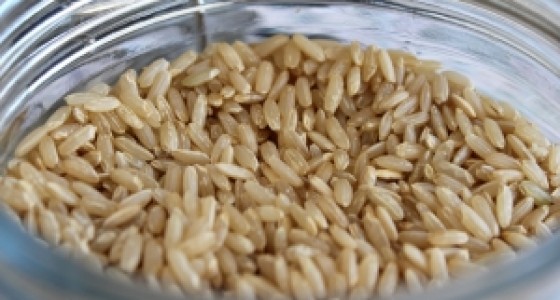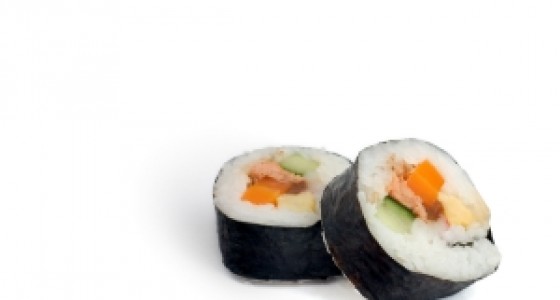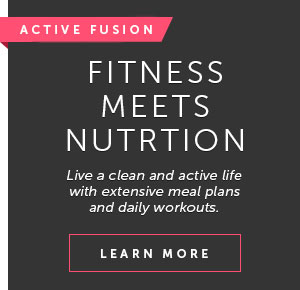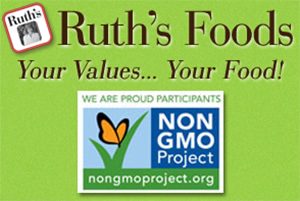What’s The Deal With D?
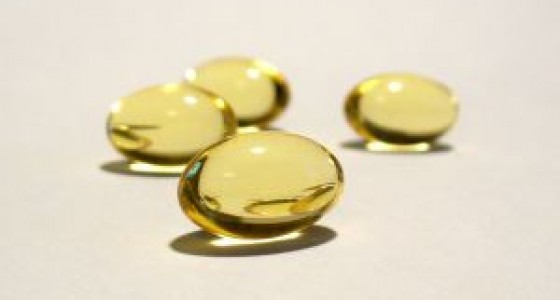
Vitamin D has been called the “nutrient of the decade”. But hold your applause! Studies have shown that we are most likely to be deficient in vitamin D. We produce our own vitamin D, so technically it’s not really considered a “vitamin”. However, because our bodies produce such inadequate levels of this nutrient, it is critical to get your vitamin D from supplements, foods, or through sunlight (at least 15 minutes a day). But you may ask, why vitamin D? Why is that considered the nutrient of the decade over others? It’s because a deficiency in vitamin D will not only cause inadequate bone development and excessive bone loss, it also affects every tissue in the body including the brain, heart, muscles, immune system has receptors for vitamin D, meaning that if you don’t proper levels of this nutrient it creates a domino effect for your body! Read more...
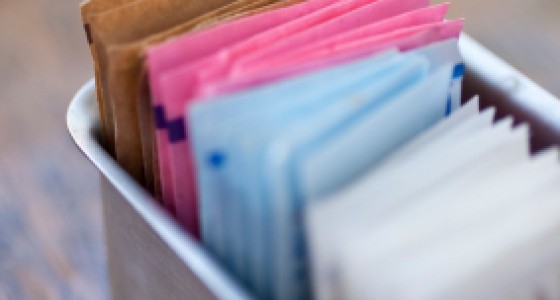
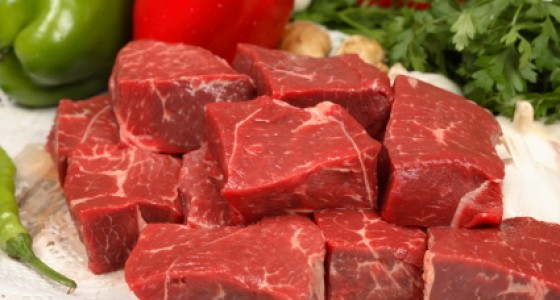
.jpg&w=560&h=300)
